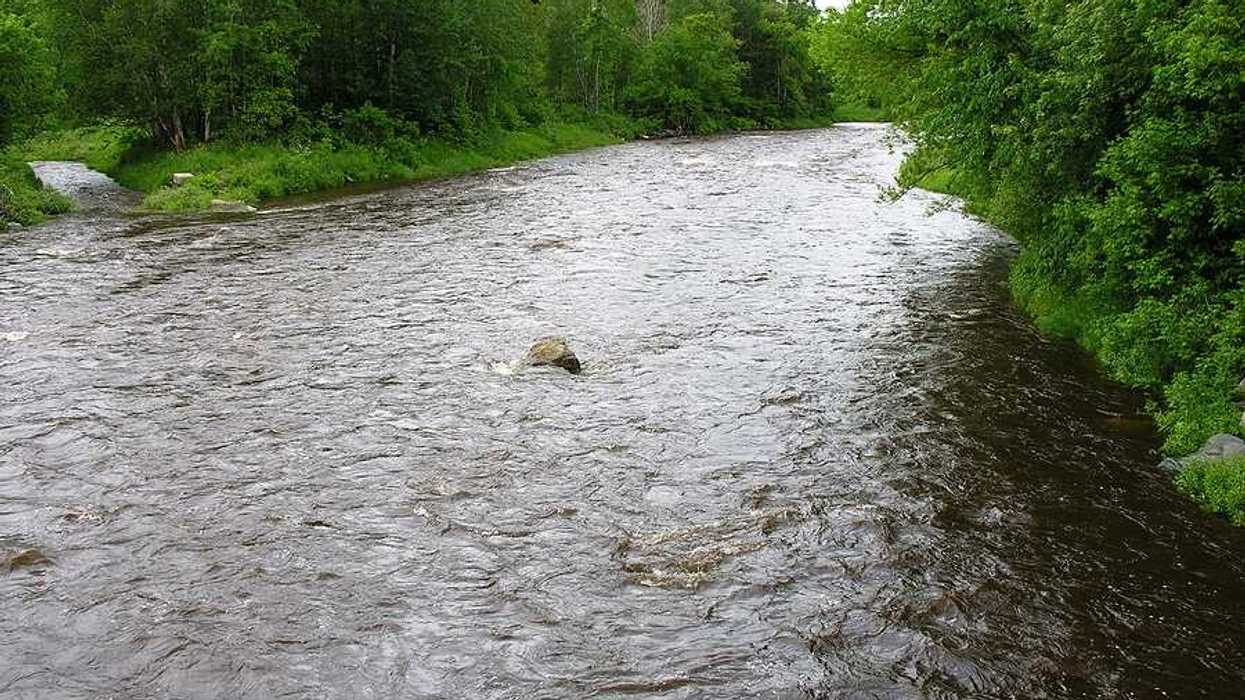A recent study using ancient sea sponges indicates the Earth may have warmed more than previously estimated.
Graham Readfearn reports for the Guardian.
In short:
- Researchers used Caribbean sea sponges to reconstruct past ocean temperatures, suggesting a 1.7C increase since the Industrial Revolution.
- The study, published in Nature Climate Change, challenges the current United Nations climate panel estimates.
- Critics urge caution, highlighting the need for broader data before revising global warming assessments.
Key quote:
"We will experience more serious impacts from global warming sooner than we had anticipated."
— Malcolm McCulloch, University of Western Australia
Why this matters:
This research highlights the need for swift action in environmental policy, reflecting a critical juncture in our understanding of global warming's progression.
Ocean heat waves, which can push out fish, plankton and other aquatic life, are happening far more frequently than previously thought.














